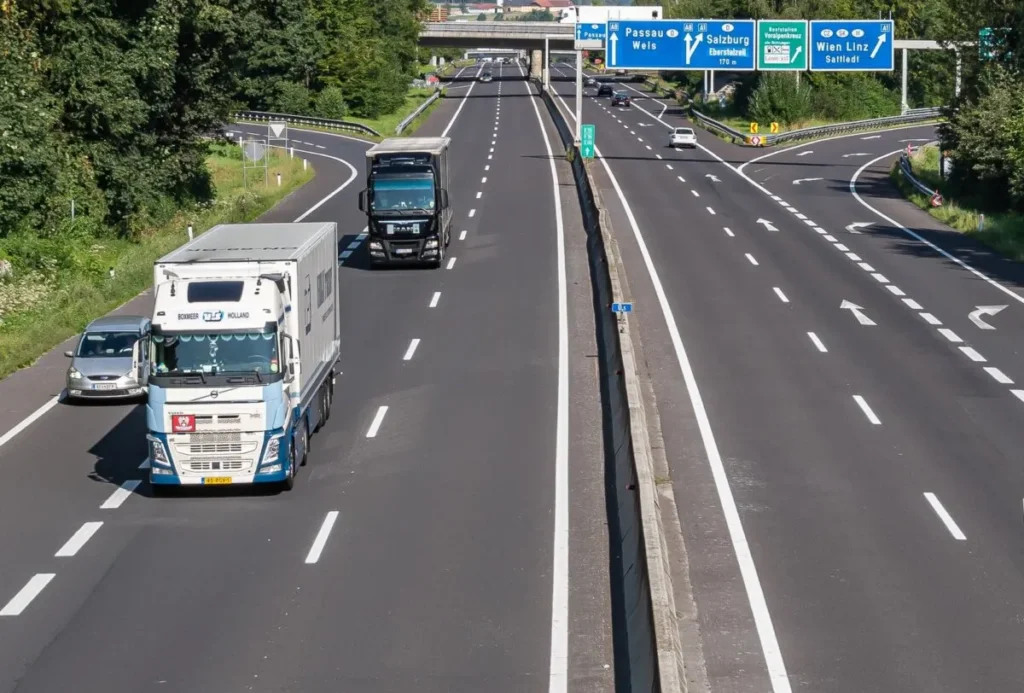The German Government has opted for higher CO2 emission rates for the heating and transport sector than originally planned. From next year onwards, the additional costs will have an impact on the logistics and transport industry in particular.
Recently, the Bundestag and the Bundesrat approved amendments to the Fuel Emissions Trading Act, which originally provided for CO2 emission rates of €10. However, in May 2020, the Federal Government finally opted for higher tariffs. As a result, from January 2021, the rate for one tonne of CO2 emissions in heating and transport will stand at €25. It will then rise to €55 by 2025 and, in 2026, a price range from a minimum of €55 to a maximum of €65 will apply.
High costs for the transport industry
The introduction of CO2 emission charges is intended to facilitate the achievement of climate objectives and to finance the energy transition. The charge should mainly be borne by refineries or gas suppliers, but ultimately the costs will be passed on to customers. Petrol and diesel will become significantly more expensive. According to the Federal Ministry of the Environment, from 2021 onwards petrol will cost some seven cents per litre and diesel eight cents per litre more.
For the transport and logistics industry, changing the law means only one thing: huge additional costs. According to calculations by the Federal Association for Goods Transport, Logistics and Disposal (BGL) released by the German trade portal eurotransport.de, since January 2021 German companies, with an annual mileage of 100,000 kilometres and fuel consumption of 32 litres per 100 km, may incur additional costs of €2,000 per truck, and in 2026 even €5,200.
Furthermore, as the DSLV Bundesverband Spedition und Logistik (Federal Association of Forwarding and Logistics) points out, the charges introduced next year are not the only CO2-emission-related burden for the transport industry. The organisation also highlights the new component of road tolls provided for in the revision of the Eurovignette Directive.
German companies less competitive
This additional financial burden would have a negative impact on the competitiveness of German companies against international competitors. Several trade associations warned of these consequences at the end of 2019. DSLV has criticised the rate of €25 per tonne of CO2 emissions as ineffective, because it will primarily increase transport prices and will make little contribution to achieving the climate targets.
In principle, prices are the right control instrument for market participants, but this model (CO2 emission rates – editorial note) also requires alternative scenarios, otherwise it will only fill the budget and the emission reduction target will fall into the background. In the absence of ready-to-produce alternatives to the diesel engine for long-distance road transport by 2021, and the still incomplete refuelling infrastructure and persistent capacity bottlenecks on the railways, freight transport will not be able to make a significant contribution to reducing emissions despite high prices,” regrets Frank Huster, Managing Director of DSLV.
Holger Lösch, Deputy Director General of the BDI (Association of German Industry), was also of the opinion at the time that an increase in CO2 prices would drastically worsen the competitiveness of German companies. Lösch pointed out that small and medium-sized enterprises would be particularly affected and asked for compensation.
Photo credit @ Toll Collect









